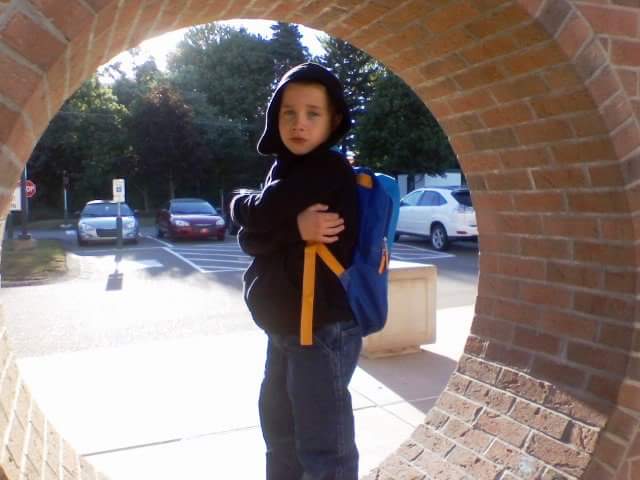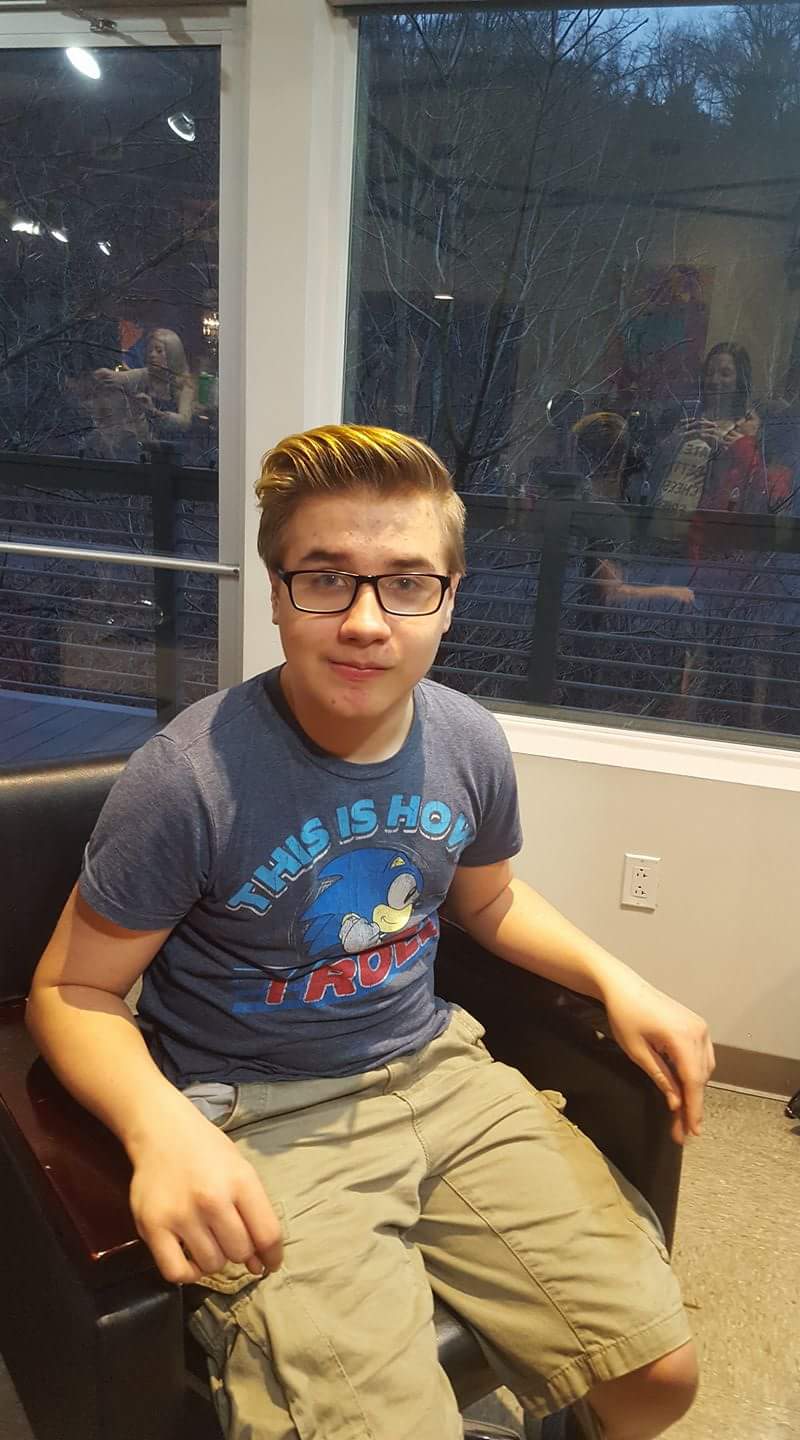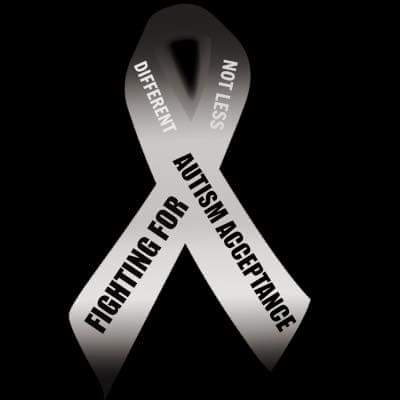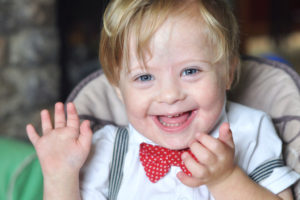
Where did my baby go?
And who the heck is this man-child standing in front of me?
Also, what the heck do I do with him?
My perspective on autism has definitely evolved as my son has grown. I remember first writing about this tiny little boy who had three-hour meltdowns, ate things off the floor, none of which were food, and refused to read, but could name every single train and accessory associated with Thomas the Tank Engine.

Now I’m dealing with this teenager who is as tall as I am and twice as strong. The meltdowns have thankfully decreased, because that kid could throw me across the room in a heartbeat now when he’s angry, and he’s so picky he eats only a few actual food groups (carbs, junk food, sugar, and more junk food.) He reads but hates schoolwork just as much as he did when he was little, and the Thomas fixation has turned to Pokemon and video games. He can tell me he needs something from Game Stop 23, 567 times, but he can’t tell me he’s out of shampoo, and will go for days without washing his hair and just running his head under the shower water until I notice his hair is a grease pit and ask him about it.
He also doesn’t like to talk about the fact that he has autism. He can’t express his feelings at all on that matter. In some ways, he really can’t communicate any better at 13 than he could at age four or five. Yes he can talk and can ask for things and can tell you all about anything he’s fixated on until you can’t take it anymore. As far as telling you about how he feels, why he did something, getting his emotions out when he’s upset without melting down, he is not able to do it. Autism has taken that ability away from him. Years of therapy have given him some coping tools, but his brain is wired differently, and he will always have to figure out different ways to remember how to ask for things he needs and how to handle everyday situations, especially ones that stress him.
Despite those difficulties, he is managing to navigate the world, albeit very slowly and with help. He attends school and is doing well. My husband and I fought our school district so he could be specially placed in a private school specifically for children on the autism spectrum. He was being tortured and bullied by peers and staff in regular public school, his grades were slipping, and his anxiety was so severe it got to the point he was eventually unable to walk into the building. Now he has friends he talks to both inside and outside of school, he’s being taken on walks and places in the community to be taught how to purchase items on his own, how to deal with customer service, and how to interact with other people. At home he has chores, there are consequences if he doesn’t keep his room at least semi-decent, and we are trying to break the cycle of him constantly being in his bedroom on electronics with an occasional local camp for special needs kids. He refuses to do local community events because of how badly local kids and adults have treated him in the past, but he still doesn’t like the “autism” label and fights special needs activities as well. That doesn’t leave us with many options, so we are trying the latter right now and hoping he eventually goes with it. He can’t stay in his room forever. It’s starting to smell.
If I could say anything about the month of April, I would say for people to look deeper. I don’t believe in lighting it up blue. That campaign does nothing to tell the real story about autism. What you should be aware of is that when you meet one person with autism, you have only met one person with autism. Everyone is different. I actually have two boys with autism. My older son actually is very mildly on the spectrum, and unless you are home with him, you would never know. He only occasionally shows a symptom here and there. Other than that he’s a sports-playing, high-honor-roll-making, normal high school kid. He practically refuses to let me mention the diagnosis where he is concerned at all. Then there are the children so profoundly affected by the diagnosis, they will never be able to function on their own. People should be aware these are all people with autism. The diagnosis is very real in each and every one of them, and they are all capable of contributing to society. They are not broken. They are not mistakes.

What people should also concentrate on this month is acceptance. I can’t tell you how many times my son was chased out of organizations, schools, groups, etc. because he was different. It wasn’t just children who did this. Most of the time it was adults. Adults who did not want to deal with a child who was a little more hyper, a child who needed a little more patience, whose brain was wired different and needed a little extra coaching. Once children see how their parents, coaches, teachers, and leaders handle these situations, it gives them the signal how to handle it themselves. Please be kind. Please set the better example.
Autism families, and those who actually live with autism, go through so much each and every day. It takes a lot to deal with a society that functions one way, and you are permanently wired to deal with it another way. They can’t change, and you shouldn’t want them to. The greatest innovations of our time come from the people who think differently. Give those with autism all the love and encouragement you can, and not just for the month of April.














